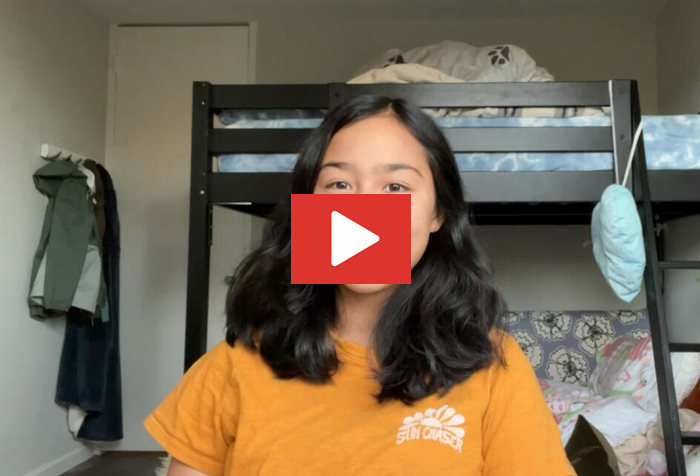Common Mistakes in Chinese
Everyone makes mistakes (and sometimes jokes) when learning a foreign language. It is part of the learning process. The more mistakes you make, the faster you learn. Let’s learn the most common mistakes in Chinese by listening to the embarrassing experiences from ICL students - Stas, Andrea and Michael.
Stas (Ukraine)
“I remember in one of my online Chinese classes I once said ‘我有了()’, meaning ‘I got it’. The teacher laughed and said this phrase is usually said by women when they get pregnant. It was a good laugh and we talked about this several times in the following days. I wasn't too embarrassed but that was the most awkward moment.”
Editor’s Words: “我有…()” means “I have ….” For example, “我有一只猫()” means “I have a cat.” But when the object after “有” is omitted and “了” is added, it has a hint meaning - “I am having a baby.”
Andrea (U.K)
“I once went shopping with my Chinese friends. When we were crossing the road, my friend Zhang Li told me ‘看车()!’(literally to look at the vehicles)!Then I stopped in the middle of the road and looked at the vehicles passing us.” After we crossed the road, I asked her why she would let me 'look at the vehicles'? All my Chinese friends laughed. Later I knew that Zhang Li was actually asking me “to be careful of the passing cars!”
Editor’s Words: Here, “看” has the meaning of “watch out”. But one can’t use “看” with other objects to have the similar meaning. For example: “看我()” has only one meaning - “ to look at me” instead of “to be careful of me”.
Jack (U.S)
“I made many jokes while leaning Chinese. One of them is… I was once invited to have dinner with my Chinese friends. One of them said to us ‘我去方便一下().’ They told me he was saying ‘I want to go to the bathroom.’ Then I know ‘方便’ has the meaning of ‘answering the nature’s call’. That’s why I felt very embarrassed when, the next day, one of my female Chinese friends said on the phone: ‘你方便的时候,我去你家里做客().’ ‘You can’t come when I 方便, right?’ I replied to her. The mis-understanding didn’t go until I leaned 方便 can also mean ‘convenient’ in Chinese.”
Editor’s Words: When used as a verb, it means “to answer the call of nature”. When used as an adjective, it means “convenient”.
Experience Your First Class!
Get a 30-minute FREE trial to see what our online classes look like.
Apply Now




